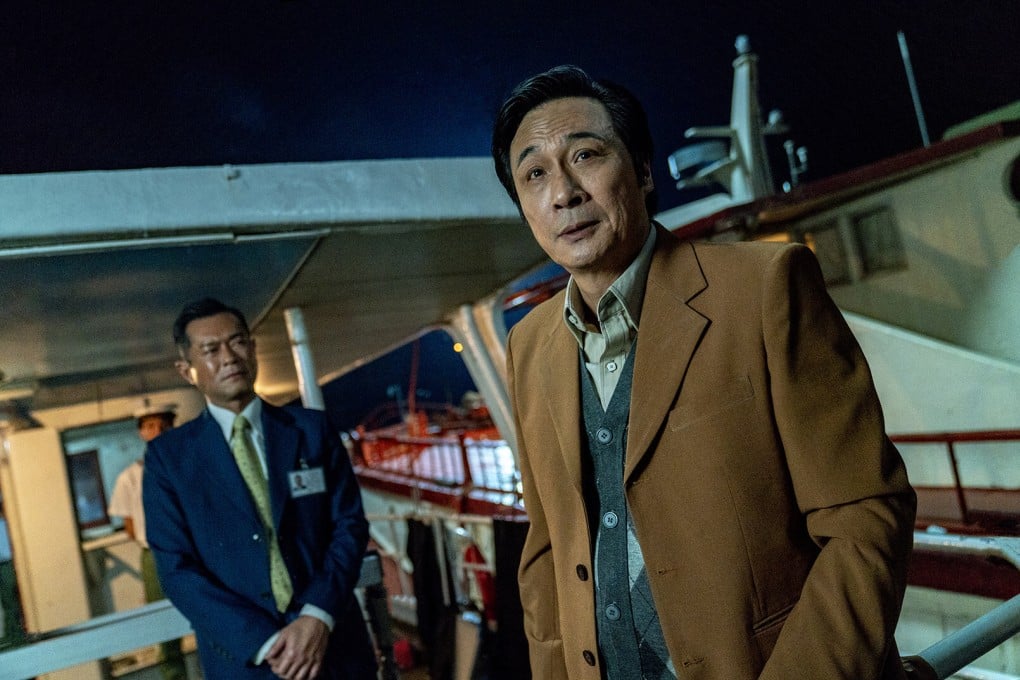Review | Once Upon a Time in Hong Kong movie review: Louis Koo, Francis Ng in yet another police corruption drama by Wong Jing
- Fictional tale about the early days of Hong Kong’s anti-corruption agency and its fight to reel in a drug dealer and his corrupt police ally is enjoyable
- Tony Leung Ka-fai and Francis Ng are understated as the two criminals in a deftly crafted narrative that shows Wong knows how to satisfy China’s censors

3/5 stars
Veteran Hong Kong director Wong Jing continues his obsession with the city’s colonial-era history of police corruption in the 1960s and ‘70s with Once Upon a Time in Hong Kong. A pragmatic, yet enjoyable spin on the legends of drug dealer Crippled Ho (originally Ng Sik-ho) and corrupt policeman Chui Lak (originally Lui Lok), it features real-life figures that he’s already brought to the screen in movies such as I Corrupt All Cops (2009) and Chasing the Dragon (2017).
With a Chinese title that suggests this is a thematic sequel to the 2009 movie, Once Upon a Time in Hong Kong tells a fictional story about investigators at the Independent Commission Against Corruption (ICAC) gathering evidence of Ho and Lak’s crimes by turning their long-term accomplices against them one by one. Wong makes sure we know this by opening his film with the unusually prominent caption “This is a work of fiction”.
Incensed by the rampant collusion between Ho (played by Tony Leung Ka-fai, under somewhat unnecessary prosthetic make-up) and Lak (Francis Ng Chun-yu) that has brought chaos to the streets, lawyer Hank Chan (Louis Koo Tin-lok, also in another film opening on Thursday, Dynasty Warriors) and his buddy Nash Pak (Lam Ka-tung) become chief investigators in the ICAC’s founding team.
Chan and Pak begin by busting Ho’s drug trafficking business, only to find out how comprehensively it is protected by Lak’s public relations spin. With the fledgling anti-corruption watchdog’s campaign to sway public opinions challenged by Lak, who initiates a strike by police, the ICAC investigators find themselves cornered into taking unprecedented measures … which, of course, lead to the customary mass brawls and shoot-outs.